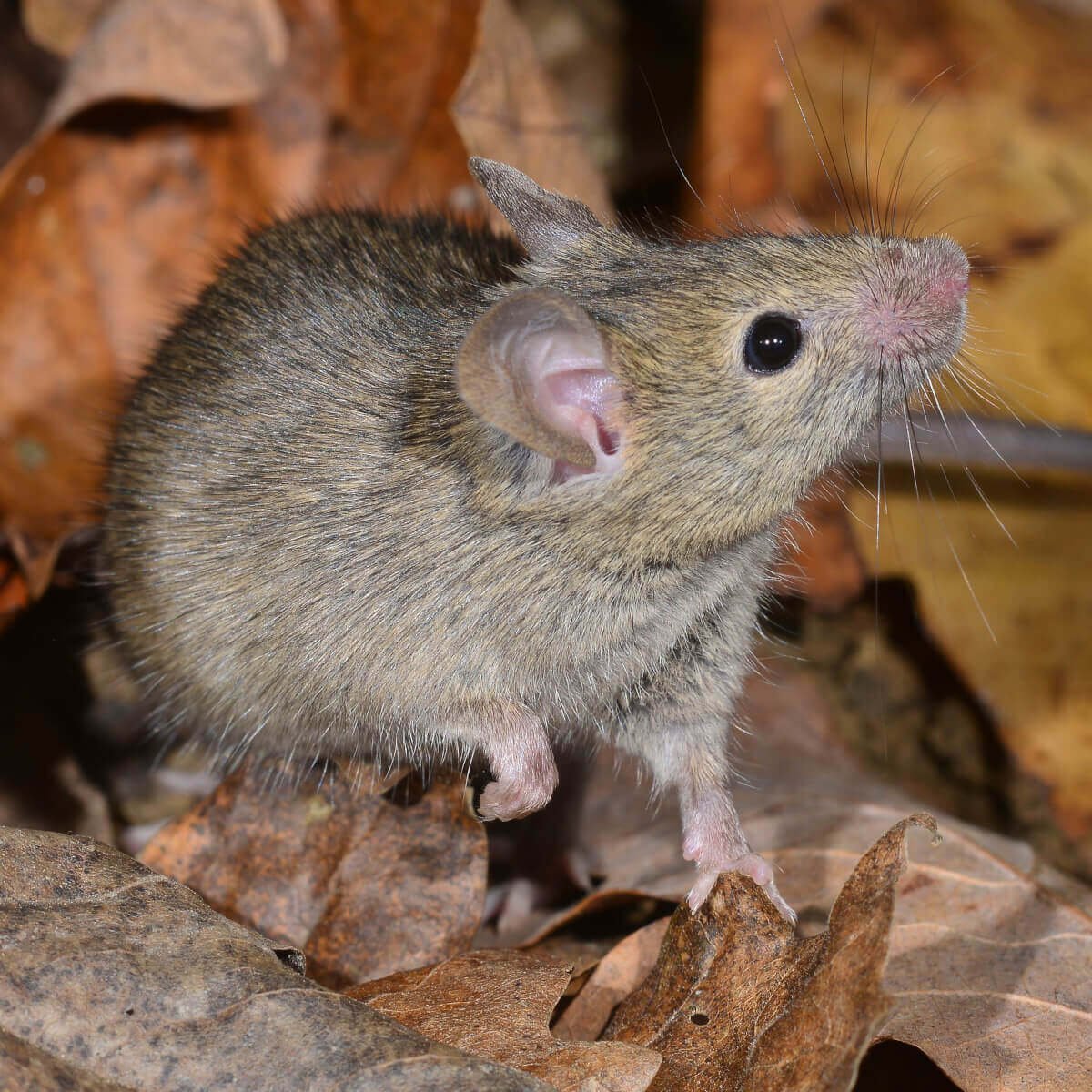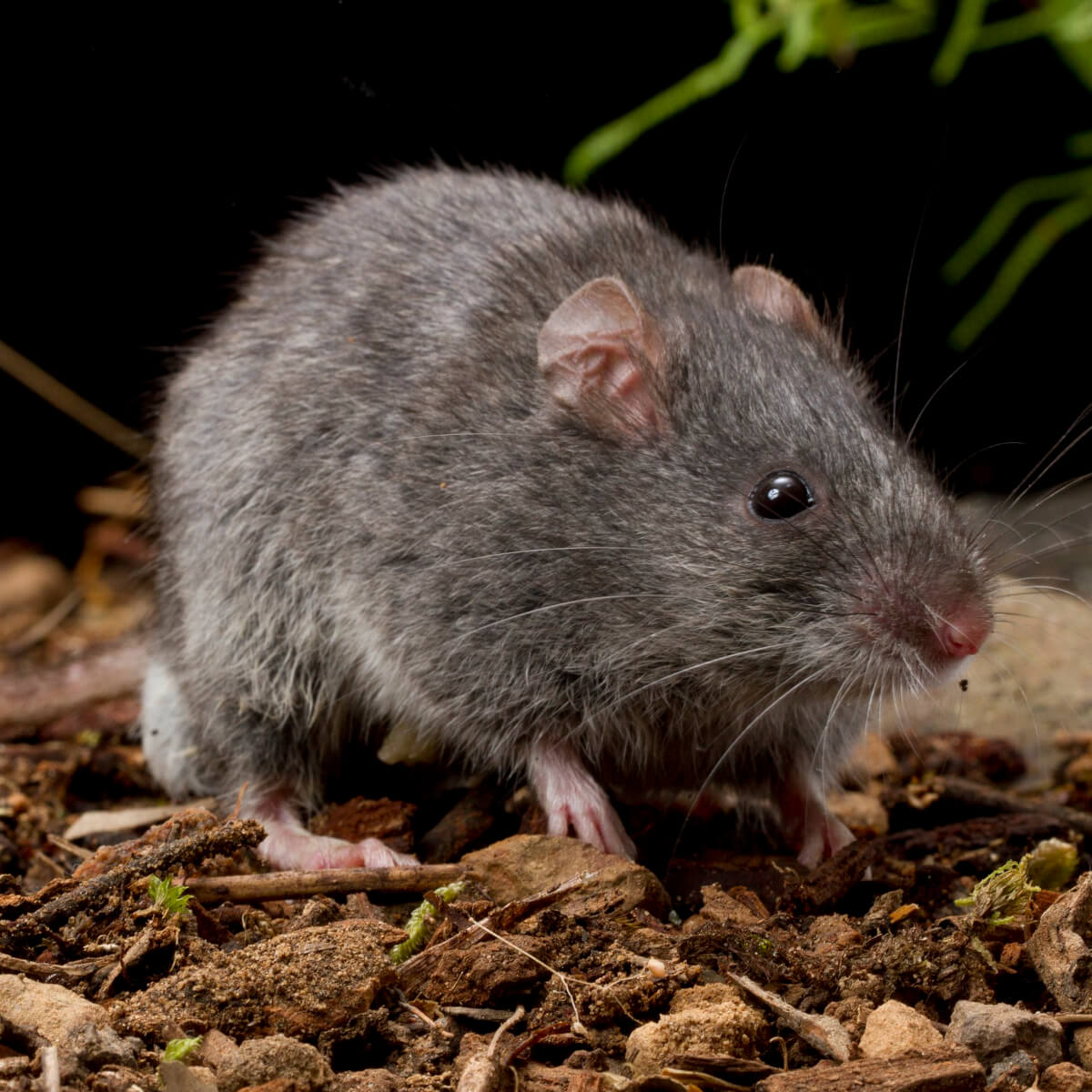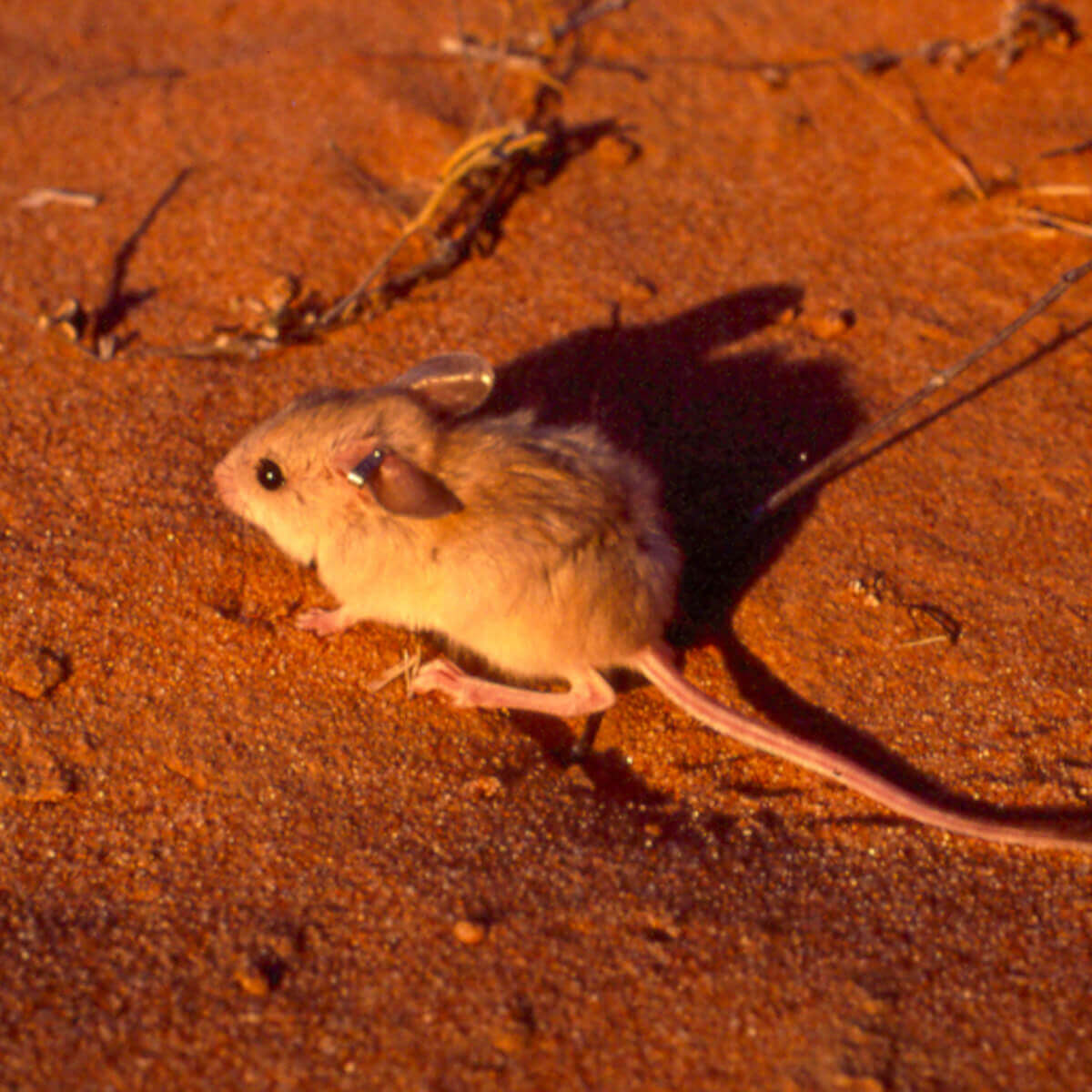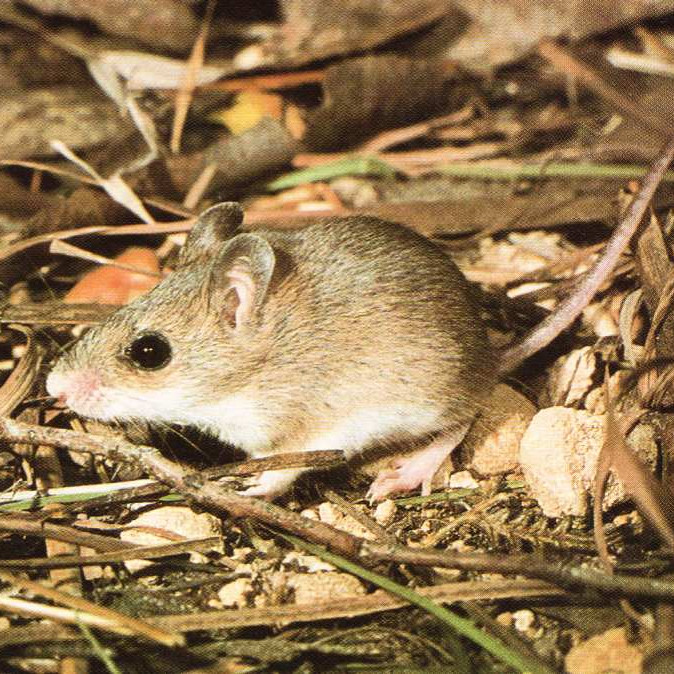Mice
Mice are one of the most common house pests you can encounter in your home. They've been a plague on humans for so long, they've essentially evolved to coexist with us. Wherever there is a human settlement, you're also bound to find mice. In this page we help you find out more about these pesky critters and how to keep them away.
Mice Species Found in Australia
Most mice in the wild are herbivores, which means they are on a plant and seed-based diet. However, mice living alongside humans are omnivores and mostly survive on food leftovers.
Mice also need to gnaw their teeth all the time. This is why they often chew through whatever they can get their grubby little paws on. Because of that, they can cause structural damage or ruin your electrical installation.
Read further: What Do Possums Eat?
Innocent as they look, mice are known to carry dangerous diseases such as leptospirosis, typhus, and tularemia. This is not even mentioning all the germs and their tendency to sneak into food reserves and spoiling it.
Mice teeth grow throughout their entire lives. This explains their tendency to gnaw on whatever they can. Unfortunately, this often involves your wiring and electrical installation. The aforementioned gnawing can cause short-wiring which can lead to fires. In fact, this is the explanation for many mysterious a fire.
Read also: Diseases Caused by Rats
If you get bitten by a mouse, clean the wound and seek out medical attention immediately! You have no idea what kind of germs or diseases the mouse that bit you was carrying.
The sooner you get examined, the better. Your general physician will probably prescribe you antibiotics and treat any potential conditions. You may get a tetanus and a rabies shot. If you're in considerable pain, you can ask for pain relief medication.
- Insulation - soft and warm, perfect for making a nest. Mice love insulation.
- Upholstery - another great nest-making material with a bonus - easy hideout.
- Paper and documents - mice love paper. It's yet another material they can use for their nests and they don't much care about your old diaries or childhood photos.
- Walls - the good old hole in the wall. Mice use them to navigate your home in search of food while not exposing themselves.
Mice are looking for three things in your home - food, water, and warmth. That's the reason the severity of infestations is the highest during winter months when it's much harder for them to find food outside.
Leaving food around, living in a warm and humid environment, and not throwing out the garbage regularly are among the top reasons your home might be a hospitable environment for mice.
- Droppings – Rodent droppings can help you determine the type of infestation you are dealing with. A mouse has smaller droppings than the rat. Rat feces are also rounder while mouse droppings are pointier. The larger the quantity of rodent feces, the bigger the problem.
- Persistent urine odour– The strong smell of urine is indicative that there are rodents in the house.
- Visible holes – A mouse moves through holes and knows how to do them well. Mice holes are smaller and more clear cut, while rats need bigger holes to go through.
- Gnaw marks – Mice need something to gnaw on, as their teeth are constantly growing. So if you notice marks on your furniture and other possessions, you know what caused them.
- Rodent nests – Mice create their nests by piling different kinds of material like paper, fabric, etc. The most suitable locations for nesting are walls and wooden floors.
- Unusual noises – Mice are nocturnal creatures, which mean they are mostly active at night. Therefore, it is easier to notice their presence then, usually through the weird noises around the house.
You have a mouse infestation. Now what?
In case it turns out you have a mice infestation, there are a few things you can do.
1. Try to identify the entry points and seal them;
2. Try to identify the reason for the infestation;
3. Declutter, clean, and put food in sealed containers;
4. Throw away the rubbish regularly;
If this doesn't solve your problem, then things may be more serious than you think. You can try calling in the cavalry and book a mice control service with us. The rodenticides we use will dehydrate the mice, causing them to leave your house in search of water. This means most of them will die outside your home, instead of inside if you use the wrong pesticide.



